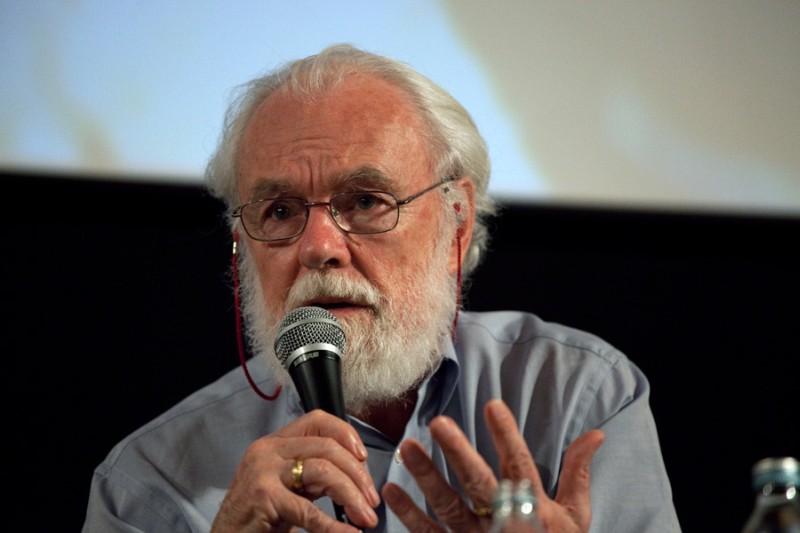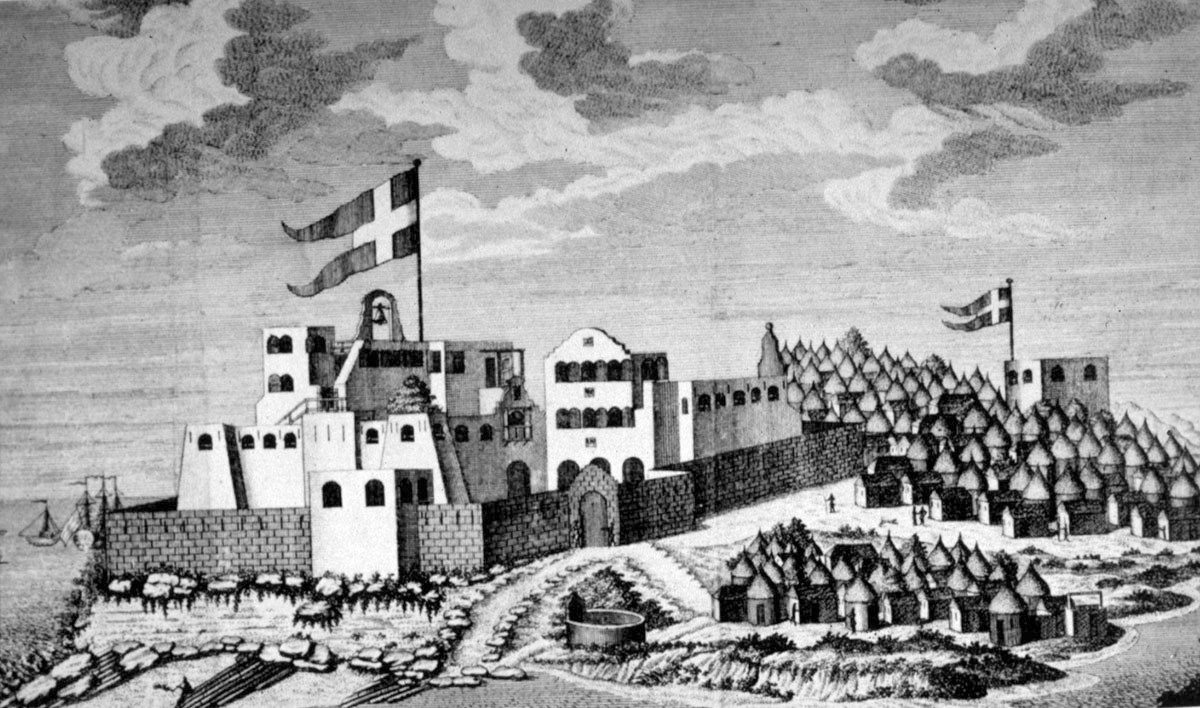|
Sociology Of Space
The sociology of space is a sub-discipline of sociology that mostly borrows from theories developed within the discipline of geography, including the sub fields of human geography, economic geography, and feminist geography. The "sociology" of space examines the social and material constitution of spaces. It is concerned with understanding the social practices, institutional forces, and material complexity of how humans and spaces interact. The sociology of space is an inter-disciplinary area of study, drawing on various theoretical traditions including Marxism, postcolonialism, and Science and Technology Studies, and overlaps and encompasses theorists with various academic disciplines such as geography and architecture. Edward T. Hall developed the study of Proxemics which concentrates on the empirical analysis of space in psychology. Definition of space Space is one of the most important concepts within the disciplines of social science as it is fundamental to our underst ... [...More Info...] [...Related Items...] OR: [Wikipedia] [Google] [Baidu] |
David Harvey (geographer)
David W. Harvey (born 31 October 1935) is a British-born Marxist economic geographer, podcaster and Distinguished Professor of anthropology and geography at the Graduate Center of the City University of New York (CUNY). He received his PhD in geography from the University of Cambridge in 1961. Harvey has authored many books and essays that have been prominent in the development of modern geography as a discipline. He is a proponent of the idea of the right to the city. In 2007, Harvey was listed as the 18th most-cited author of books in the humanities and social sciences in that year, as established by counting citations from academic journals in the Thomson Reuters ISI database. Early life and education David W. Harvey was born in 1935 in Gillingham, Kent. He attended Gillingham Grammar School for Boys and St John's College, Cambridge (for both his undergraduate and post-graduate studies). Harvey's early work, beginning with his PhD (on hops production in 19th century ... [...More Info...] [...Related Items...] OR: [Wikipedia] [Google] [Baidu] |
Fordism
Fordism is a manufacturing technology that serves as the basis of modern economic and social systems in industrialized, standardized mass production and mass consumption. The concept is named after Henry Ford. It is used in social, economic, and management theory about production, working conditions, consumption, and related phenomena, especially regarding the 20th century. It describes an ideology of advanced capitalism centered around the American socioeconomic systems in place in the post-war economic boom. Overview Fordism is "the eponymous manufacturing system designed to produce standardized, low-cost goods and afford its workers decent enough wages to buy them." It has also been described as "a model of economic expansion and technological progress based on mass production: the manufacture of standardized products in huge volumes using special purpose machinery and unskilled labor." Although Fordism was a method used to improve productivity in the automotive industry, th ... [...More Info...] [...Related Items...] OR: [Wikipedia] [Google] [Baidu] |
Relations Of Production
Relations of production (german: Produktionsverhältnisse, links=no) is a concept frequently used by Karl Marx and Friedrich Engels in their theory of historical materialism and in ''Das Kapital''. It is first explicitly used in Marx's published book ''The Poverty of Philosophy'', although Marx and Engels had already defined the term in ''The German Ideology''. Some social relations are voluntary or freely chosen (a person chooses to associate with another person or a group). But other social relations are involuntary, i.e. people can be socially related, whether they like that or not, because they are part of a family, a group, an organization, a community, a nation etc. By "relations of production", Marx and Engels meant the sum total of social relationships that people ''must'' enter into in order to survive, to produce, and to reproduce their means of life. As people ''must'' enter into these social relationships, i.e. because participation in them is not voluntary, the to ... [...More Info...] [...Related Items...] OR: [Wikipedia] [Google] [Baidu] |
Silke Streets
Silke may refer to: * Silke (actress) a Spanish actress known by her mononym * Silke (given name) * Silke (surname) * Silke, fictional character Samuel Silke in ''Daredevil'' comics * ''Silke'', novel by Lacey Dancer * ''Silke'', comic series published by Dark Horse Comics * See also * Silkie (other) A Silkie is a breed of domestic chicken. Silkie or Silky also may refer to: * Silkie, guinea pig of one specific variety * Silkie, a fictional character in ''Teen Titans'' animation series on television * Silkie, a mythical species, a.k.a. Selki ... {{Disambig ... [...More Info...] [...Related Items...] OR: [Wikipedia] [Google] [Baidu] |
Accra
Accra (; tw, Nkran; dag, Ankara; gaa, Ga or ''Gaga'') is the capital and largest city of Ghana, located on the southern coast at the Gulf of Guinea, which is part of the Atlantic Ocean. As of 2021 census, the Accra Metropolitan District, , had a population of 284,124 inhabitants, and the larger Greater Accra Region, , had a population of 5,455,692 inhabitants. In common usage, the name "Accra" often refers to the territory of the Accra Metropolitan District as it existed before 2008, when it covered .Sum of the land areas of Accra Metropolitan District, Ablekuma Central Municipal District, Ablekuma North Municipal District, Ablekuma West Municipal District, Ayawaso Central Municipal District, Ayawaso East Municipal District, Ayawaso North Municipal District, Ayawaso West Municipal District, Korle Klottey Municipal District, Krowor Municipal District, La Dadekotopon Municipal District, Ledzokuku Municipal District, and Okaikoi North Municipal District, as per the 2021 ce ... [...More Info...] [...Related Items...] OR: [Wikipedia] [Google] [Baidu] |
Cedric Janowicz
Cedric () is a masculine given name invented by Walter Scott in the 1819 novel ''Ivanhoe''.Sir Walter Scott, Graham Tulloch (ed.), ''Ivanhoe'', vol. 8 of The Edinburgh Edition of the Waverley Novels, Edinburgh University Press, 1998, , "explanatory notes", p. 511. The invented name is based on ''Cerdic'', the name of a 6th-century Anglo-Saxon king (itself from Brittonic ''Coroticus''). The name was not popularly used until the children's book ''Little Lord Fauntleroy'' by Frances Hodgson Burnett was published in 1885 to 1886, the protagonist of which is called Cedric Errol. The book was highly successful, causing a fashion trend in children's formal dress in America and popularized the given name. People named Cedric born in the years following the novel's publication include British naval officer Cedric Holland (1889–1950), American war pilot Cedric Fauntleroy (1891–1973), Irish art director Austin Cedric Gibbons (1893–1960) and British actor Cedric Hardwicke (1893 ... [...More Info...] [...Related Items...] OR: [Wikipedia] [Google] [Baidu] |
Lars Meier
Lars is a common male name in Scandinavian countries. Origin ''Lars'' means "from the city of Laurentum". Lars is derived from the Latin name Laurentius, which means "from Laurentum" or "crowned with laurel". A homonymous Etruscan name was borne by several Etruscan kings, and later used as a last name by the Roman Lartia family. The etymology of the Etruscan name is unknown. People * Lars (bishop), 13th-century Archbishop of Uppsala, Sweden *Lars Kristian Abrahamsen (1855–1921), Norwegian politician *Lars Ahlfors (1907–1996), Finnish Fields Medal recipient *Lars Amble (1939–2015), Swedish actor and director *Lars Herminius Aquilinus, ancient Roman consul *Lars Bak (born 1980), Danish road bicycle racer *Lars Bak (computer programmer) (born 1965), Danish computer programmer *Lars Bender (born 1989), German footballer *Lars Christensen (1884–1965), Norwegian shipowner, whaling magnate and philanthropist *Lars Magnus Ericsson (1846–1926), Swedish inventor * Lars Eriksson, ... [...More Info...] [...Related Items...] OR: [Wikipedia] [Google] [Baidu] |
Anthony Giddens
Anthony Giddens, Baron Giddens (born 18 January 1938) is an English sociologist who is known for his theory of structuration and his holistic view of modern societies. He is considered to be one of the most prominent modern sociologists and is the author of at least 34 books, published in at least 29 languages, issuing on average more than one book every year. In 2007, Giddens was listed as the fifth most-referenced author of books in the humanities. He has academic appointments in approximately twenty different universities throughout the world and has received numerous honorary degrees. Four notable stages can be identified in his academic life. The first one involved outlining a new vision of what sociology is, presenting a theoretical and methodological understanding of that field based on a critical reinterpretation of the classics. His major publications of that era include ''Capitalism and Modern Social Theory'' (1971) and ''The Class Structure of the Advanced Societies'' ... [...More Info...] [...Related Items...] OR: [Wikipedia] [Google] [Baidu] |
Helmuth Berking
Helmuth is both a masculine German given name and a surname. Notable people with the name include: Given name; *Helmuth Theodor Bossert (1889–1961), German art historian, philologist and archaeologist *Helmuth Duckadam (born 1959), Romanian former footballer *Helmuth Ehrhardt, German psychiatrist *Helmuth Hübener (1925–1942), German opponent of the Third Reich *Helmuth Koinigg (1948–1974), Austrian racing driver *Helmuth Lehner (born 1968), Austrian musician *Helmuth Lohner (1933–2015), Austrian actor and theatre director * Helmuth Markov (born 1952), German politician * Helmuth von Moltke (other), several people *Helmuth Nyborg (born 1937), Danish professor at Aarhus University * Helmuth von Pannwitz (1898–1947), German SS Cossack Cavalry Corps officer executed for war crimes *Helmuth Plessner (1892–1985), German philosopher and sociologist *Helmuth Rilling (born 1933), German conductor *Helmuth von Ruckteschell (1890–1948), German navy officer *Helmuth Schne ... [...More Info...] [...Related Items...] OR: [Wikipedia] [Google] [Baidu] |
Doreen Massey (geographer)
Doreen Barbara Massey (3 January 1944 – 11 March 2016) was a British social scientist and geographer. She specialized in Marxist geography, feminist geography, and cultural geography, as well as other topics. She was Professor of Geography at the Open University. Career Massey was born in Manchester, England, and spent most of her childhood in Wythenshawe, a council estate. She studied at Oxford University and later at the University of Pennsylvania, receiving a master's degree in Regional Science. She then began her career at a thinktank: the Centre for Environmental Studies (CES) in London. CES contained several key analysts of the contemporary British economy. There, Massey established a working partnership with Richard Meegan, among others. When CES closed down she then became Professor of Geography at the Open University. Massey retired in 2009 but remained a frequent media commentator, particularly on industry and regional trends. As Professor Emerita at the Open ... [...More Info...] [...Related Items...] OR: [Wikipedia] [Google] [Baidu] |
Postcolonialism
Postcolonialism is the critical academic study of the cultural, political and economic legacy of colonialism and imperialism, focusing on the impact of human control and exploitation of colonized people and their lands. More specifically, it is a critical theory analysis of the history, culture, literature, and discourse of (usually European) imperial power. Postcolonialism encompasses a wide variety of approaches, and theoreticians may not always agree on a common set of definitions. On a simple level, through anthropological study, it may seek to build a better understanding of colonial life—based on the assumption that the colonial rulers are unreliable narrators—from the point of view of the colonized people. On a deeper level, postcolonialism examines the social and political power relationships that sustain colonialism and neocolonialism, including the social, political and cultural narratives surrounding the colonizer and the colonized. This approach may overlap with stu ... [...More Info...] [...Related Items...] OR: [Wikipedia] [Google] [Baidu] |



.jpg)
